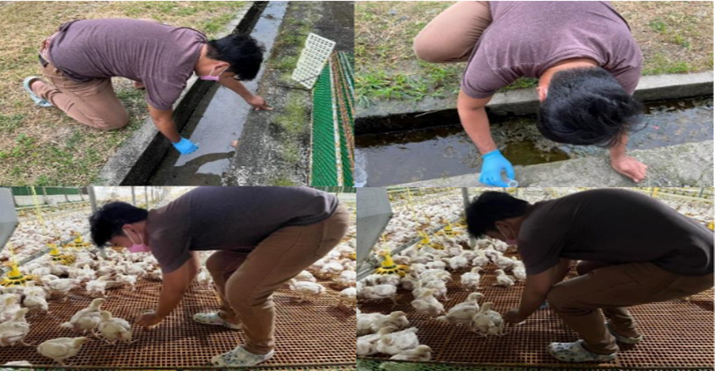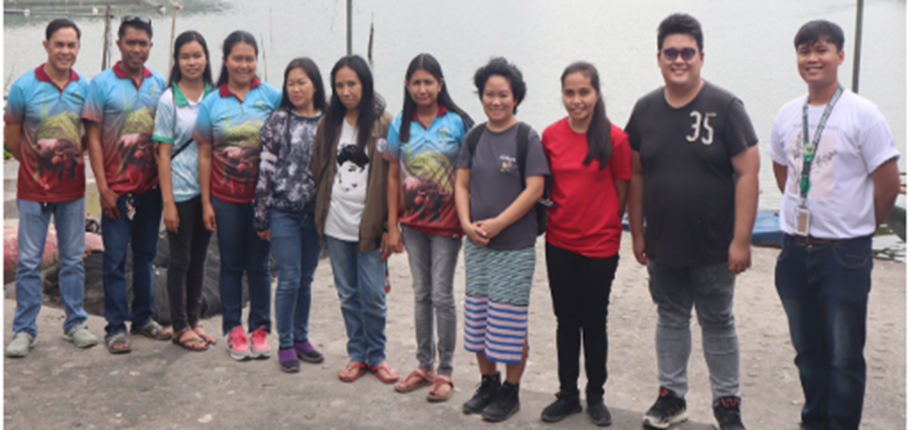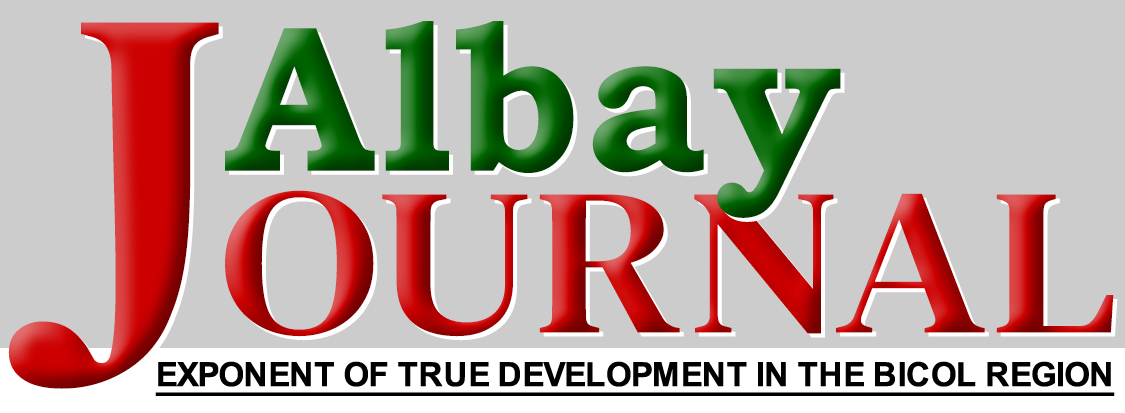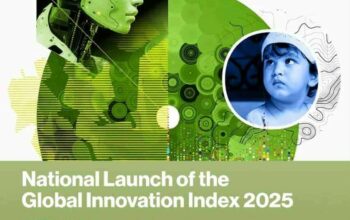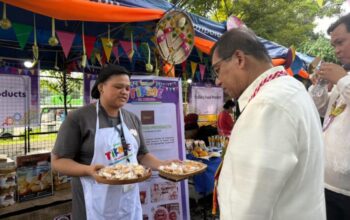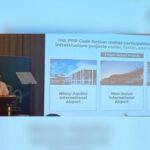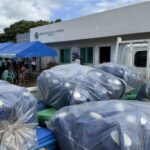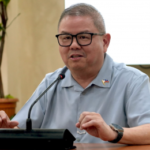
The Department of Science and Technology (DOST) of the Philippines co-hosted with the Ministry of Business, Innovation and Employment (MBIE) of New Zealand the 2023 Global Research Council (GRC) Asia-Pacific Regional Meeting from 18-20 October 2023 at the Sheraton Manila Hotel in Pasay City.
The three-day event welcomed over 120 delegates from different countries mainly in the Asia Pacific region. Centering on the topic “Sustainable Research,” the 2023 GRC Meeting promoted data sharing and best practices among its members, as well as the expansion of public support for research and development (R&D). International organizations and research institutions from across the globe shared their views and ideas on top current and emerging regional issues.
In his keynote message, DOST Secretary Renato U. Solidum Jr. said “Sustainable research is the key to addressing the most pressing global challenges of our time like health, climate change, social inequality, and the degradation of landscapes and ecosystems. By investing in R&D, we have access to problem-solving approaches that include considerations of economic and social sustainability.”
The DOST secretary cited initiatives to create a supportive and sustainable environment for antimicrobial resistance (AMR) research through mobilization of resources and prioritization of R&D initiatives for diagnosis, surveillance, and control of AMR. Currently, the DOST and its Councils are supporting 22 R&D projects with a total funding of approximately 435 million pesos.
One of the R&D programs that addresses AMR is the Inter-Regional Network through One Health Approach to Combat AMR Program or 1NetAMR. This ongoing program aims to establish an inter-regional network to combat AMR using a One Health framework in the country. It also aims to determine the magnitude of AMR contamination in various settings along with the socio-cultural and socio-economic factors affecting these contaminations, in selected areas in Luzon, Visayas, and Mindanao through collaborations among higher education institutions.
The DOST is also at the forefront of providing support to research, development, and innovation initiatives on the circular economy, ensuring wastes generated are reduced. In promoting a circular economy, DOST funded the Center for Environmental Technologies and Compliance which provides innovations in environmental technologies and supports the local industries to comply with the environmental standards. Studies from this will be used to determine proper waste management technology appropriate for the National Capital Region.
Another sustainable DOST project under the IM4ManilaBay Program is the Project IWASTO which aims to describe and assess the solid waste management (SWM) activities in selected cities that are part of the Manila Bay watershed, and to develop integrated solid waste information and technology management system considering current conditions and future scenarios. It also aims to set up appropriate waste utilization technologies to process biodegradable and plastic wastes in selected communities. Information regarding SWM, such as waste characteristics and available facilities including forecast trends are also systematized and made available online.
On the other hand, a flagship initiative dedicated to addressing the pressing issue of climate change is the Smarter Approaches to Reinvigorate Agriculture as an Industry in the Philippines, or SARAI program. SARAI’s core mission revolves around the creation of crop advisories that seamlessly integrate local weather data and drought forecasts with farm management practices. Specifically, it focuses on optimizing nutrient and water management while proactively monitoring insect pests and disease threats.
“We have a big role to play in steering the wheel to the path of sustainability,” says DOST Undersecretary for R&D Leah J. Buendia. “International and multilateral platforms such as the Global Research Council remain to be largely significant such as in providing an avenue where possible partners from across the world can jointly identify key challenges and collaboratively work on them.”
The Global Research Council is a virtual organization, composed of the heads of science and engineering funding agencies from around the world, dedicated to promoting the sharing of data and best practices for high-quality collaboration among funding agencies worldwide.
Inter-Regional Network through One Health Approach to Combat AMR Program

